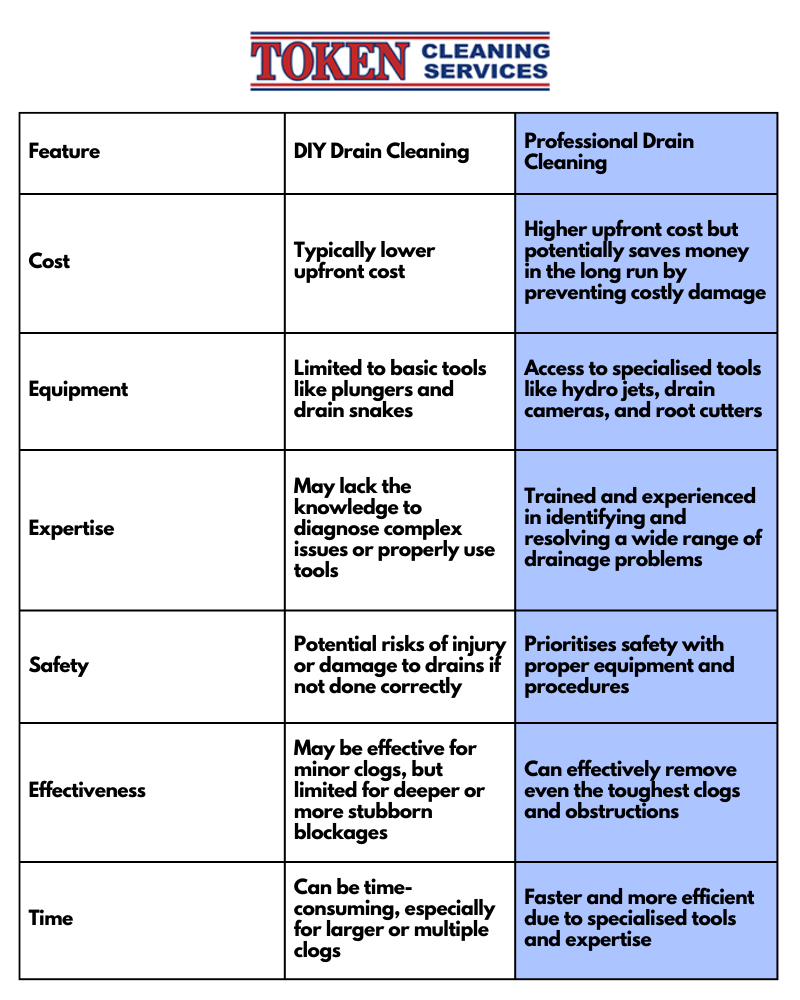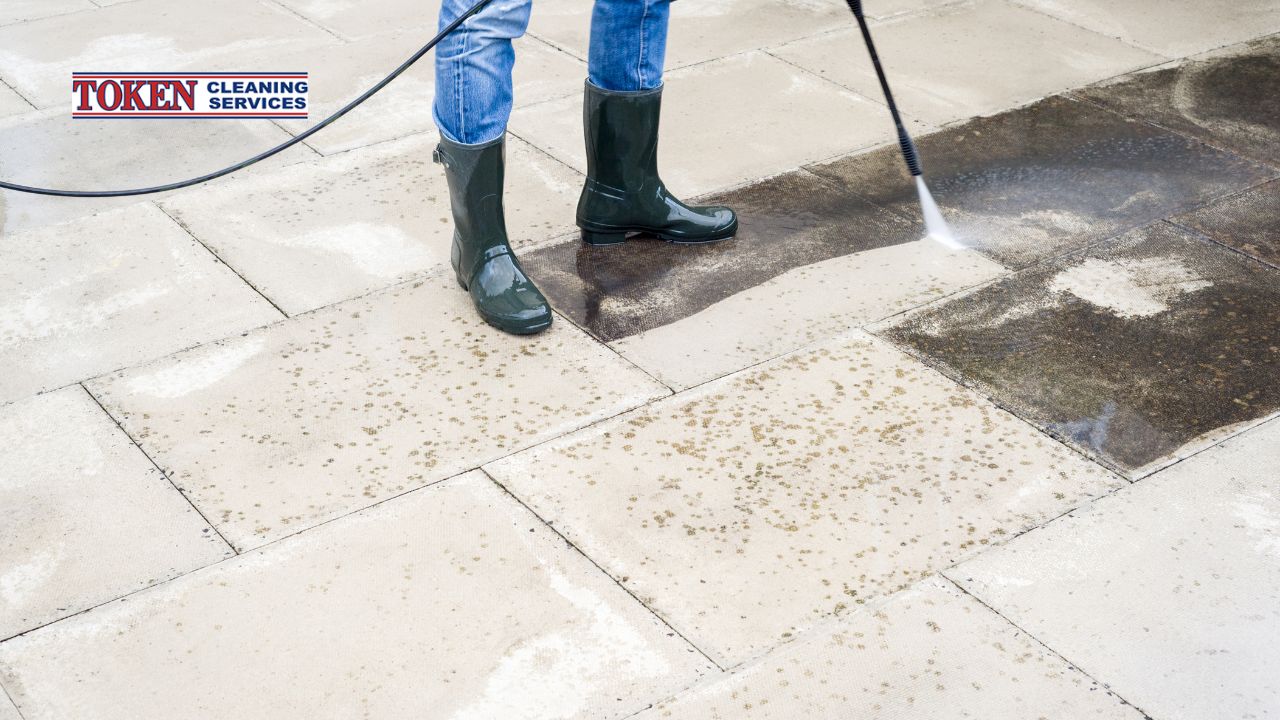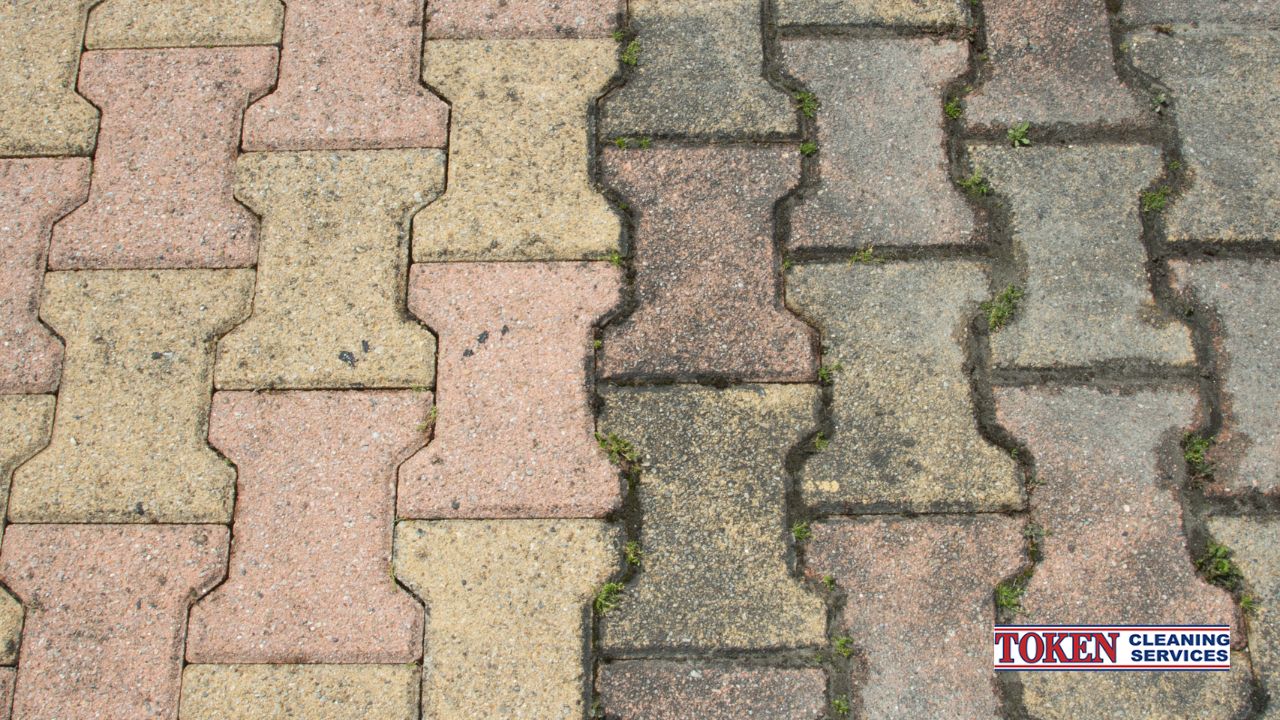Picture this: a severe downpour hits your neighbourhood, and instead of your well-designed drainage system efficiently whisking away the water, your garden transforms into a swamp, or worse, your basement becomes a swimming pool. It’s a homeowner’s nightmare, but it’s a reality that many face due to neglected outdoor drains. Let’s see how these services can help mitigate risk and ensure your property’s longevity.
Understanding Outdoor Drainage Systems
Your outdoor drainage system is a network of pipes, channels, and other components designed to collect and direct excess water away from your property. Different types of outdoor drains serve specific purposes:
- French Drains: These underground pipes, surrounded by gravel or rock, are ideal for collecting groundwater and redirecting it to a safe outlet.
- Catch Basins: These are box-like structures with grates on top, designed to collect surface water runoff. They often contain filters to trap debris and prevent it from entering the drainage system.
- Channel Drains: These long, narrow drains are installed in areas with heavy surface water flow, like driveways or patios.
- Downspout Drains: These connect to your gutters and direct rainwater away from your home’s foundation.
Outdoor drains are typically made from materials like concrete, plastic, or metal. Over time, they can become clogged with leaves, twigs, dirt, sand, and even tree roots. These blockages obstruct water flow, leading to backups and potential flooding.
Signs Your Outdoor Drains Need Cleaning
While outdoor drains are designed to be durable and weather the elements, they aren’t invincible. Over time, they can become clogged with debris, leading to a host of problems for your property. It’s essential to be vigilant and recognize the warning signs that your drains need attention:
- Standing Water: After a rainstorm, your yard should dry up relatively quickly. If you notice puddles lingering for hours or even days, it’s a clear indication that your drains aren’t doing their job. Standing water can also appear in your basement or crawl space, signalling a serious issue with your underground drainage system.
- Gurgling Sounds: Have you ever heard a gurgling or bubbling sound coming from your drains when water is flowing? This is often a sign of air trapped in the pipes due to a partial blockage. While a minor gurgle might not seem like a major issue, it’s often a precursor to a more significant clog if left unaddressed.
- Foul Odours: Unpleasant smells emanating from your drains are a clear sign of trouble. The odours can range from musty and earthy to downright sewage-like. These smells often indicate a buildup of decomposing organic matter, such as leaves, food scraps, or even animal waste, within the drain.
- Slow Drainage: When water takes an unusually long time to drain from your downspouts, gutters, or other drainage points, it’s a red flag that something is blocking the flow. This could be a partial blockage caused by debris or a more significant clog deeper within the system.
- Visible Debris or Blockages: In some cases, the problem is obvious: leaves, twigs, grass clippings, or other debris clogging the drain opening. While it might be tempting to simply remove the visible blockage, it’s important to investigate further, as there could be a deeper clog causing the debris to accumulate.
- Lush Vegetation Around Drains: If you notice that plants or grass around your drains are growing unusually lush and green, it could be a sign that they’re thriving on excess nutrients from wastewater. This is a subtle but important clue that your drains may be leaking or overflowing.
- Insect Infestations: Clogged drains can create standing water, which is a perfect breeding ground for mosquitoes and other pests. If you notice an increase in insect activity around your drains, it could be a sign of a drainage problem.
Ignoring these warning signs can lead to a cascade of problems, including water damage to your foundation, mould growth, erosion of your landscaping, and even the creation of breeding grounds for mosquitoes. Addressing these issues promptly with professional outdoor drain cleaning services can save you from costly repairs and protect your property from further damage.
How Professional Outdoor Drain Cleaning Services Work
When your outdoor drains are clogged, it’s not just a matter of grabbing a plunger and hoping for the best. Professional drain cleaning services employ a range of specialised tools and techniques to tackle even the most stubborn blockages, ensuring your drainage system is restored to optimal function. Let’s delve into the step-by-step process:
- Thorough Inspection: The first step in any professional drain cleaning service is a comprehensive inspection. This involves a visual assessment of the drain openings, looking for obvious signs of debris or obstruction. Professionals may also use a drain camera – a flexible rod with a camera attached to the end – to get a clear view of the inside of the pipes. This allows them to pinpoint the exact location and nature of the blockage, whether it’s a buildup of leaves and dirt, a stubborn clog, or even tree roots that have invaded the pipe.
- Clearing the Blockage: Once the problem is identified, the professionals will choose the most appropriate cleaning method. Here are some common techniques used in outdoor drain cleaning:
- Hydro Jetting: This powerful method uses a high-pressure stream of water to blast away debris and break up blockages. Hydro jetting is highly effective for removing accumulated dirt, grease, and even small tree roots. It’s also environmentally friendly, as it doesn’t rely on harsh chemicals.
- Snaking: Also known as drain rodding, this technique involves inserting a flexible cable with a rotating head into the drain. The rotating head breaks up the clog and propels the debris further down the drain or out through a cleanout. Snaking is particularly useful for reaching deeper clogs and blockages caused by tree roots.
- Root Cutting: For stubborn tree roots that have infiltrated the drain pipes, professionals use specialised cutting tools attached to the end of a snake. These tools cut through the roots, clearing the blockage and restoring proper water flow. In some cases, an herbicide may be applied to prevent future root growth.
- Manual Removal: In some situations, professionals may need to manually remove debris or blockages that are too large or stubborn for other methods. This may involve accessing the drain from a manhole or digging to expose the affected pipe section.
- Verification and Cleaning: After clearing the blockage, professionals will thoroughly flush the drain with water to ensure it’s flowing freely. They may also reinsert the drain camera to confirm that all debris has been removed and the pipe is clear. Some companies offer additional services like drain sanitization to eliminate any lingering bacteria or odours.
- Preventive Measures: Once your drains are clean and flowing smoothly, professionals may recommend preventive measures to reduce the risk of future clogs. This could include installing drain guards to prevent debris from entering, regular maintenance cleanings to remove buildup before it becomes a problem, or advice on proper landscaping to avoid root intrusion.
By employing these specialised tools and techniques, professional outdoor drain cleaning services can effectively address a wide range of drainage issues. Their expertise ensures that the job is done safely, efficiently, and with minimal disruption to your property.
DIY vs. Professional Drain Cleaning: A Comparison

Preventing Future Clogs: Maintenance Tips
While professional drain cleaning services are essential for addressing existing clogs, proactive maintenance can prevent future problems:
- Regularly remove leaves and debris: Clear away leaves, twigs, and other debris from drain openings after storms or as needed.
- Install drain guards: Prevent large debris from entering your drains by installing covers or guards.
- Be mindful of what you pour down drains: Avoid disposing of grease, oil, hair, or other substances that can clog your drains.
- Trim trees and shrubs: Roots from nearby trees and shrubs can invade drain pipes, so regular trimming is essential.
- Schedule professional inspections: Regular inspections can help identify potential problems before they become major headaches.
The Cost of Neglecting Outdoor Drain Cleaning
Ignoring clogged or malfunctioning outdoor drains is a gamble that can cost you dearly. While it might seem tempting to put off drain cleaning, the consequences of neglect can be far-reaching and expensive:
- Water Damage:
- Foundation Woes: Clogged drains can lead to water pooling around your home’s foundation, weakening the soil and increasing the risk of cracks, shifts, or even settlement. These structural problems can compromise your home’s stability and lead to costly repairs that far exceed the cost of regular drain maintenance.
- Interior Flooding: Backed-up water can seep into your basement or crawl space, causing flooding, damaging walls, flooring, and belongings. The cost of repairing water damage, including replacing drywall, flooring, and potentially electrical or HVAC systems, can easily reach tens of thousands of pounds.
- Landscape Destruction: Excess water can erode soil, damage plants, and create sinkholes in your lawn or garden. This can not only ruin the aesthetic appeal of your property but also require expensive landscaping repairs or replacements.
- Costly Repairs and Replacements:
- Mould Remediation: Water damage often leads to mould growth, which can pose serious health risks and require professional remediation. Mould removal can be a costly and time-consuming process.
- Plumbing Repairs: Clogged drains can put extra pressure on your plumbing system, leading to leaks, burst pipes, and other plumbing issues. Repairing these problems can be expensive and disruptive to your daily life.
- Structural Repairs: If water damage affects your home’s foundation, the repairs can be extensive and incredibly costly. Foundation repairs often involve excavating around the foundation, installing drainage systems, and reinforcing weakened areas.
- Decreased Property Value:
- Water damage and the associated problems significantly decrease your property’s value. Potential buyers will be wary of a home with a history of flooding or structural issues, making it difficult to sell your home at a fair price.
- Even if you’re not planning to sell, the decreased value can impact your financial security and limit your options if you ever need to borrow against your home’s equity.
- Health Risks:
- Mould and Mildew: Stagnant water and damp environments create ideal breeding grounds for mould and mildew. These can trigger allergies, asthma, and other respiratory problems, particularly in vulnerable populations like children and the elderly.
- Mosquito Breeding: Standing water in clogged drains can attract mosquitoes, which not only cause annoying bites but also carry diseases like West Nile virus.
By investing in regular outdoor drain cleaning services, you’re not just preventing clogs; you’re protecting your property, your finances, and your health. A small investment in preventative maintenance can save you thousands of pounds in potential repairs and safeguard your home’s value for years to come.
Conclusion
Outdoor drain cleaning services are not just a luxury; they’re a crucial investment in the protection and longevity of your property. By addressing clogs promptly and practising preventative maintenance, you can avoid costly repairs and safeguard your home from water damage.
Prevent costly water damage before it happens! Schedule regular maintenance with Token Cleaning Services and enjoy peace of mind knowing your outdoor drains are clear and functioning properly. Contact us today via our email office@tokencleaning.com or for more urgent queries call our number 02179 422752 to book your appointment.














